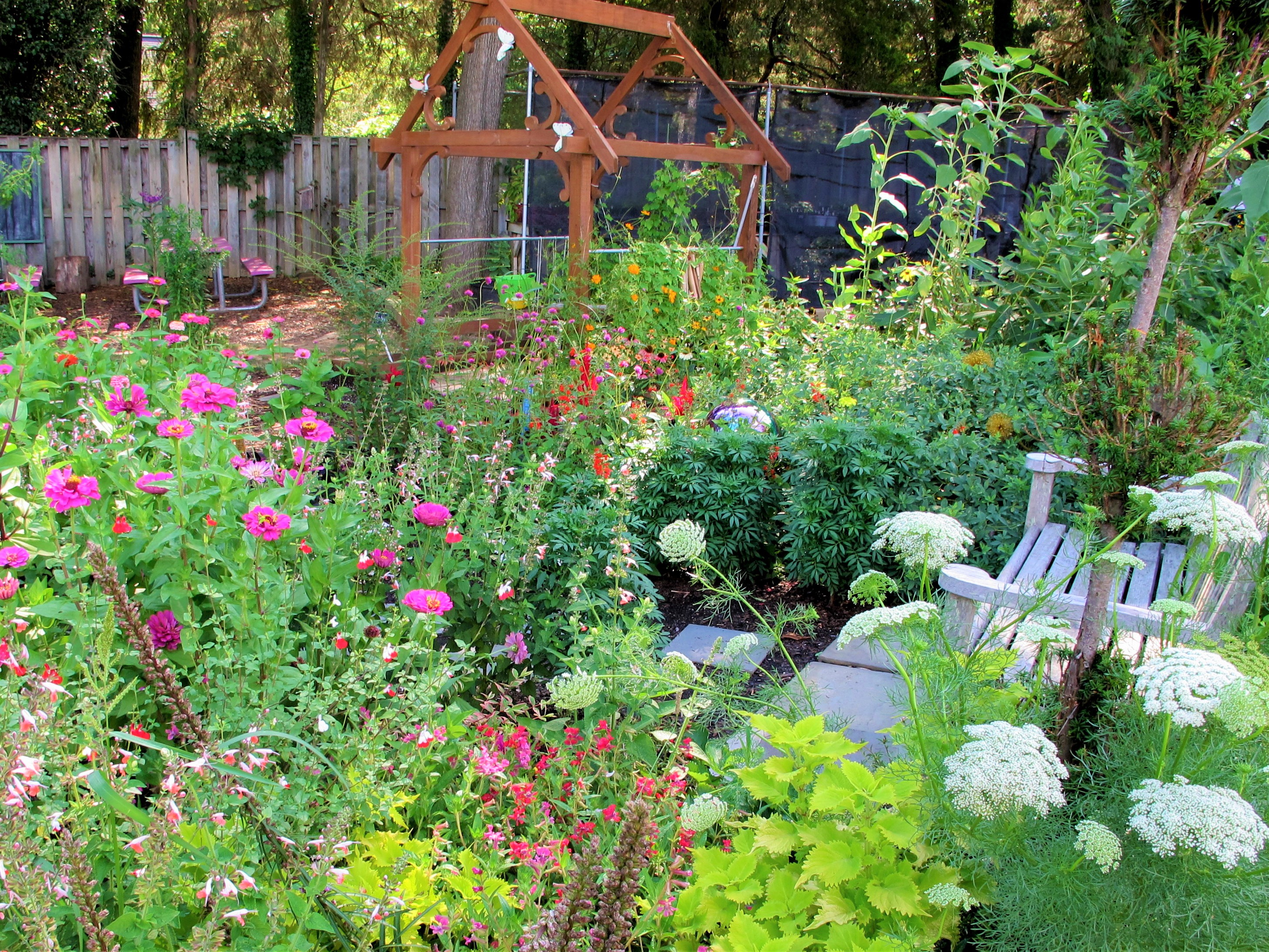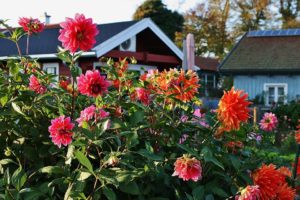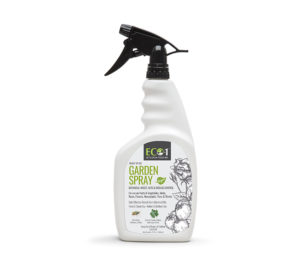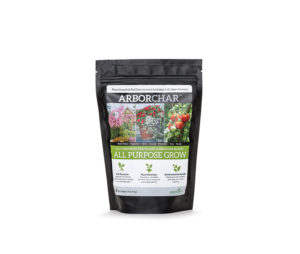
Let’s Grow Healthy Gardens!
Get Your Spring Garden off to a Good Start
In the Northeast, it’s still a little chilly and drizzly but we are getting geared up to plant outdoors as soon as we feel that first hint of warmth in the spring air. While we are waiting, and our seedlings and young plants are growing, this is a good time to make certain we are following best practices for ensuring healthy plants. Let’s discuss a few potential spring gardening problems and how good planning and preparation can help ward off diseases and insect pests.
 Garden clean-up
Garden clean-up
Spring clean-up is just as important as fall clean-up. Many diseases and insects overwinter in leaves and garden debris. A common garden problem in the early spring is the emergence of powdery mildew. Spores from the powdery mildew fungus overwinter in leaf litter. As spore masses emerge in the spring, spores become airborne, landing far and wide on garden plants. If you have plants typically susceptible to powdery mildew, such as lilacs, peonies, and dogwoods, you can also take preventive measures to keep powdery mildew off these plants. We’re happy to offer Arborjet products, Eco-1® Garden Spray and Eco-1® Fruit & Vegetable Spray, blends of organic, non-toxic botanical oils. Eco-1 Sprays are an effective tool in controlling not only powdery mildew but also in protecting your plants against other fungal disease and a wide range of plant-damaging insects. Make Eco-1 part of your spring gardening routine.

A healthy plant is a happy plant!
A healthy diet in humans may lead to better immunity and increased ability to ward off illnesses. Similarly, healthy plants are less likely to succumb to attacks from insects and diseases. What better way to nourish a plant than to start off with healthy soil! Spring is the best time to prepare garden beds by amending the soil with organic matter, like compost. Compost not only enriches garden soil but also helps to retain moisture, reduces the need for fertilizers and builds a great underground network of good soil microbes and beneficial fungi that break down organic matter in the soil and help feed your plants.
We have a great products to help you create healthy garden soil. ArborChar® contains biochar and nutrients to improve soil structure, retain moisture and provide vital nutrients to your plants. Follow the information on the product label and work in ArborChar into the top 6 inches of the soil in your garden bed prior to planting.
 Adding new plants to the garden
Adding new plants to the garden
As you plan your garden this year, look for disease resistant plants. Many favorite garden plants have disease resistant cultivars. Plants do not have an adaptive immune system so choosing disease-resistant plants will reduce your need to apply pesticides to keep your plants healthy. There are many favorite garden vegetable cultivars, such as beans, tomatoes, cucumbers and peas, for instance which have great resistant to powdery mildew.
Garden Planning
Avoid over-crowding of plants for a healthier garden! This is a good time to draw a planting plan for your garden. Follow recommendations for plants spacing on seed packets. As you plant your tomato seedlings with the spacing recommendation of 24” to 36” that might seem excessive. Plants need proper spacing for good air circulation. Cramped quarters in your garden encourage diseases and insect problems. With the onset of longer days and warmer weather use your best gardening practices and just watch your seedlings grow!


Sorry, the comment form is closed at this time.